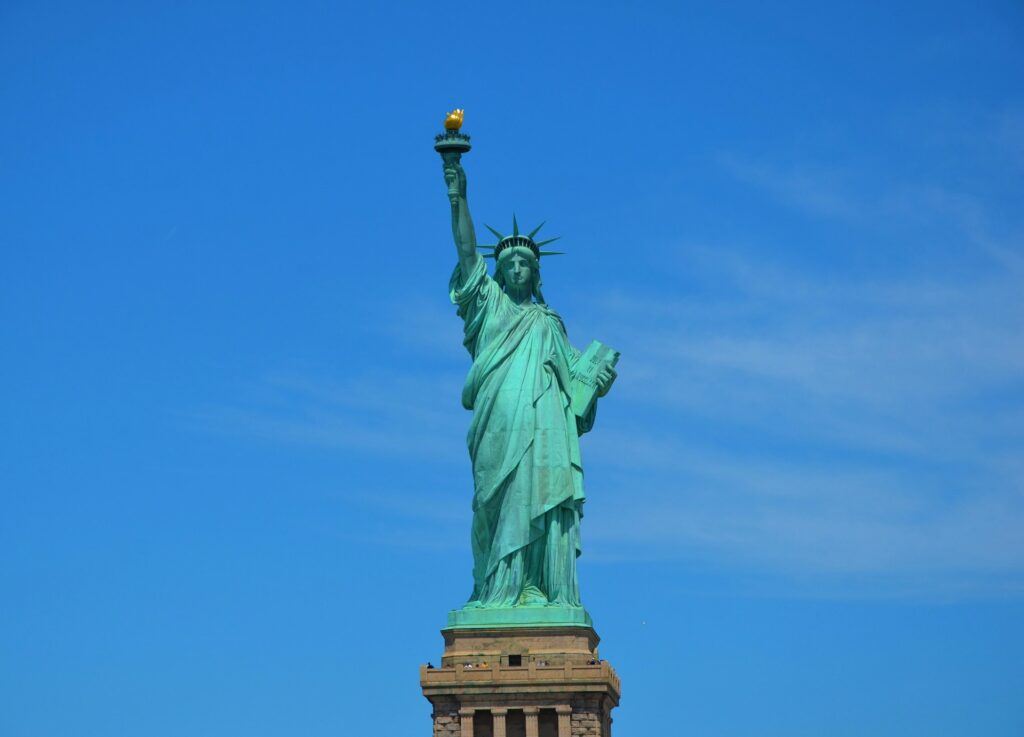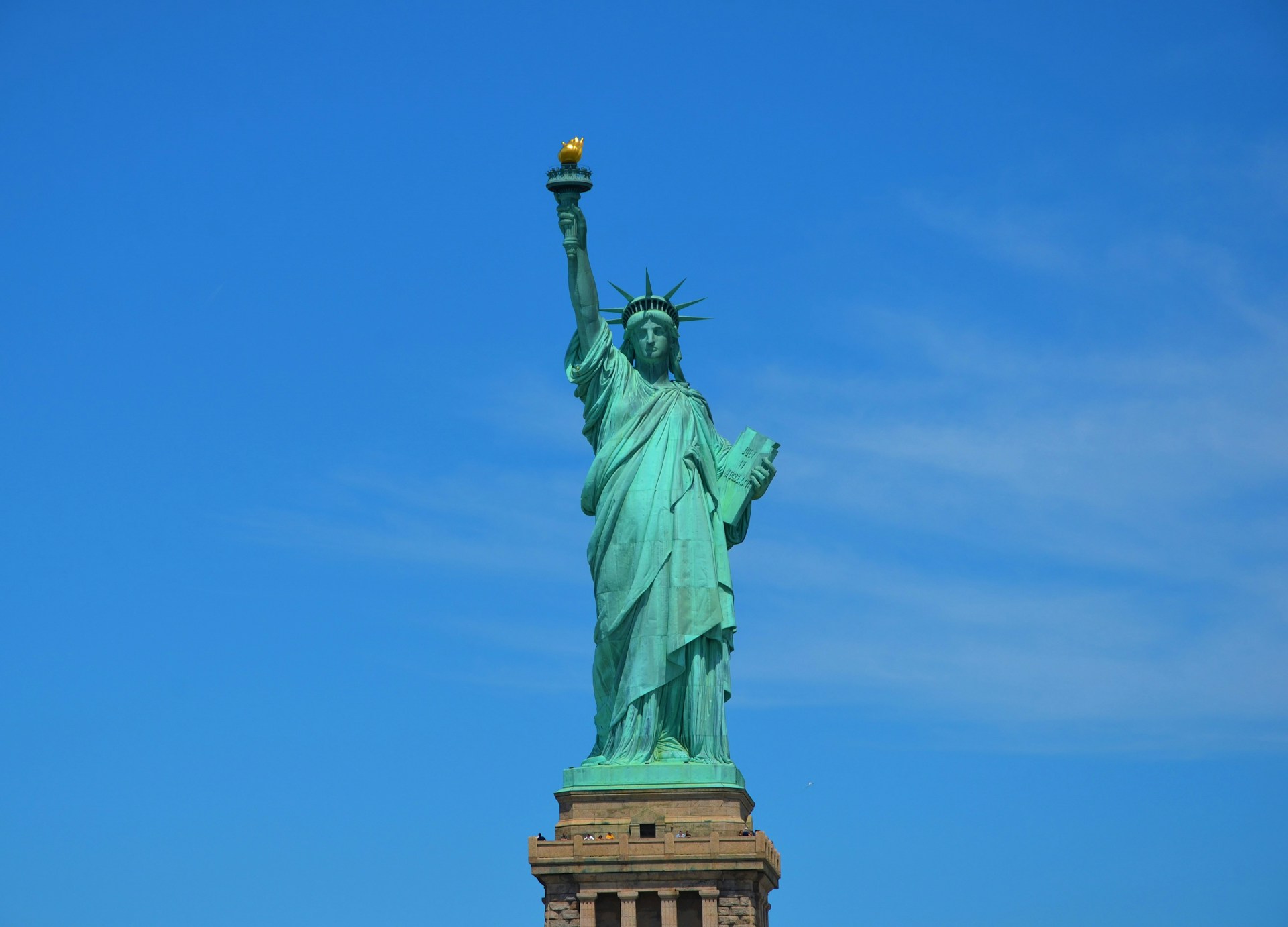
On June 5, 2025, President Trump issued a sweeping travel restriction affecting citizens from 19 nations. Twelve countries—including Afghanistan, Iran, Libya, and Yemen—are now fully banned from entering the U.S., while seven others, including Cuba, Venezuela, and Laos, face partial visa restrictions.
What the Ban Covers
- Full bans: Afghanistan, Myanmar, Chad, Republic of the Congo, Equatorial Guinea, Eritrea, Haiti, Iran, Libya, Somalia, Sudan, and Yemen are barred from travel to the U.S.
- Partial restrictions: Burundi, Cuba, Laos, Sierra Leone, Togo, Turkmenistan, and Venezuela now face limitations on permanent immigration and some visas, though temporary worker (e.g., H‑1B) and student travel may still be permitted.
Exemptions apply to U.S. green card holders, Special Immigrant Visa holders (such as Afghans), and participants in major upcoming international events like the 2026 World Cup and 2028 Olympics.
Science & Research: A Fractured Pipeline
Academic and scientific institutions stand to lose vital international collaboration. Students, researchers, and postdoctoral fellows from the banned countries—many experts in STEM fields—may be unable to participate in U.S.–led projects.
According to a National Geographic report on previous bans, such restrictions risk damaging America’s global reputation as a welcoming host for top talent. Scientists barred from re-entry often relocate to other nations, shrinking the U.S. innovation ecosystem. These disruptions hinder collaborative research in areas ranging from climate science to biomedical innovation.
Tech Industry: Hiring, R&D, Innovation Pressure
Silicon Valley and wider U.S. tech enterprises often rely on H‑1B and J‑1 visas to fill critical roles in engineering and applied sciences. Major firms like Google and Microsoft have already initiated internal measures—repatriating staff and setting up legal support funds—to accommodate affected employees.
Limiting access for skilled workers disrupts R&D teams in AI, cybersecurity, software development, and hardware engineering. With fewer foreign experts, U.S. firms may slow new product development and reduce competitiveness.
Broader Industry & Diplomatic Effects
- Talent migration: Countries like Canada, Germany, and New Zealand—known for flexible visa policies—are becoming appealing alternatives. Scholar relocations weaken U.S. academic leadership.
- Remittances and aid: Citizens from regions like Somalia, Sudan, and Haiti send billions in remittances annually. Restrictions could destabilize local economies and hurt scientific infrastructure in those nations.
- Scientific diplomacy: Travel bans reduce cultural and technical exchange—political isolation weakens U.S. soft power and cooperation in global challenges like pandemics or climate change.
Scientific Insight: Innovation Hinges on Openness
This policy shift underlines a larger tension: the balance between national security and open innovation. The U.S. has historically attracted global talent; altering that reputation may have long-term consequences. Scientific progress thrives on diverse perspectives and international collaboration—avenues put at risk by travel restrictions.
Closing Thoughts
As the executive order takes effect, universities, research centers, and tech companies must adjust recruitment and project strategies. Meanwhile, peer nations stand to gain scientific and technological assets as global mobility contracts.
The true impact of Trump’s travel ban will unfold over months: how many researchers leave, how many projects stall, and whether the U.S. scientific landscape recalibrates in response.
